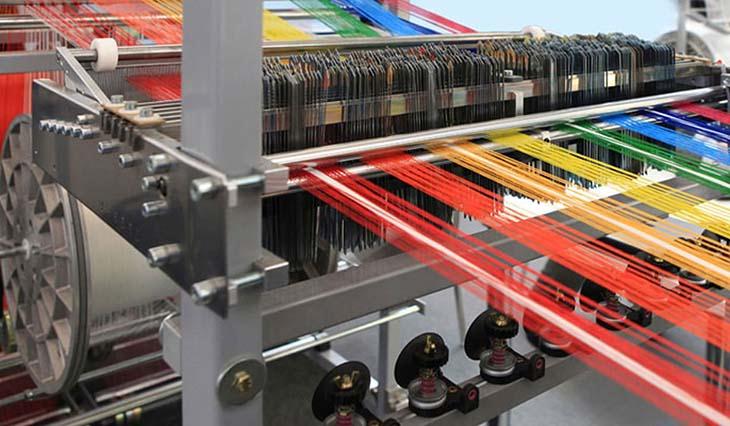NEW DELHI, July 14:
Garment exporters will continue to get a rebate on central and state taxes on their outward shipments as the government on Wednesday approved extension of RoSCTL scheme till March 2024.
The move is aimed at enhancing competitiveness of the labour-intensive textiles sector.
The Union Cabinet chaired by Prime Minister Narendra Modi has given its approval for continuation of Rebate of State and Central Taxes and Levies (RoSCTL) with the same rates as notified by the Ministry of Textiles for exports of apparel/garments and made-ups.
“The scheme will continue till March 31, 2024. It will help boost exports and job creation,” Information and Broadcasting Minister Anurag Thakur told reporters on Wednesday.
The sectors covered under this scheme (apparel/garments and made-ups) would not get benefits under the Remission of Duties and Taxes on Exported Products (RoDTEP) scheme.
However, textiles products which are not covered under the RoSCTL would be eligible to avail the benefits, if any, under RoDTEP along with other products as finalised by the Department of Commerce.
The scheme will be implemented by the Department of Revenue with end-to-end digitisation for issuance of transferrable Duty Credit Scrip, which will be maintained in an electronic ledger in the customs system.
Revised guidelines for continuation and implementation of the RoSCTL scheme will be prepared by the Ministry of Textiles in consultation with the Department of Revenue with necessary flexibilities to fine tune the operational details, implementation modalities and scheduling.
“Continuation of RoSCTL for apparel/garments and made-ups is expected to make these products globally competitive by rebating all embedded taxes/levies which are currently not being rebated under any other mechanism,” an official statement said.
Under this scheme, exporters are issued a Duty Credit Scrip for the value of embedded taxes and levies contained in the exported product. Exporters can use this scrip to pay basic customs duty for the import of equipment, machinery or any other input.
These scrips are tradeable. So, if the exporter does not need this for his personal use, he can transfer the same to any other importer.
Earlier, under the RoSCTL scheme, maximum rate of rebate for apparel was 6.05 per cent while for made-ups, this was up to 8.2 per cent.
The made-ups segment comprises home textiles products such as bed linen, curtains, pillows and carpets.
Commenting on the latest decision, Apparel Export Promotion Council (AEPC) Chairman A Sakthivel said the extension will help exporters get all embedded taxes and make products globally competitive.
“The scheme will go a long way in bringing back positive sentiments and helping the Indian textile value chain attain USD 100 billion annual exports in next three years,” he added.
Sakthivel also said the scheme will prove to be a major strategic decision towards generating lakhs of new employment, particularly for the vulnerable sections, including semi-skilled, rural youth, migrants and women in the MSME segment. (PTI)
Trending Now
E-Paper


